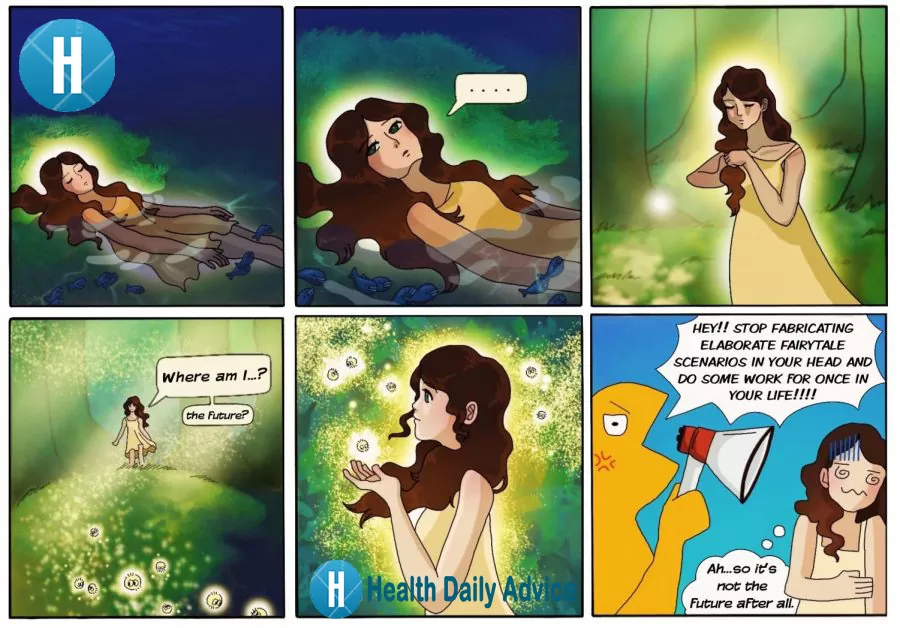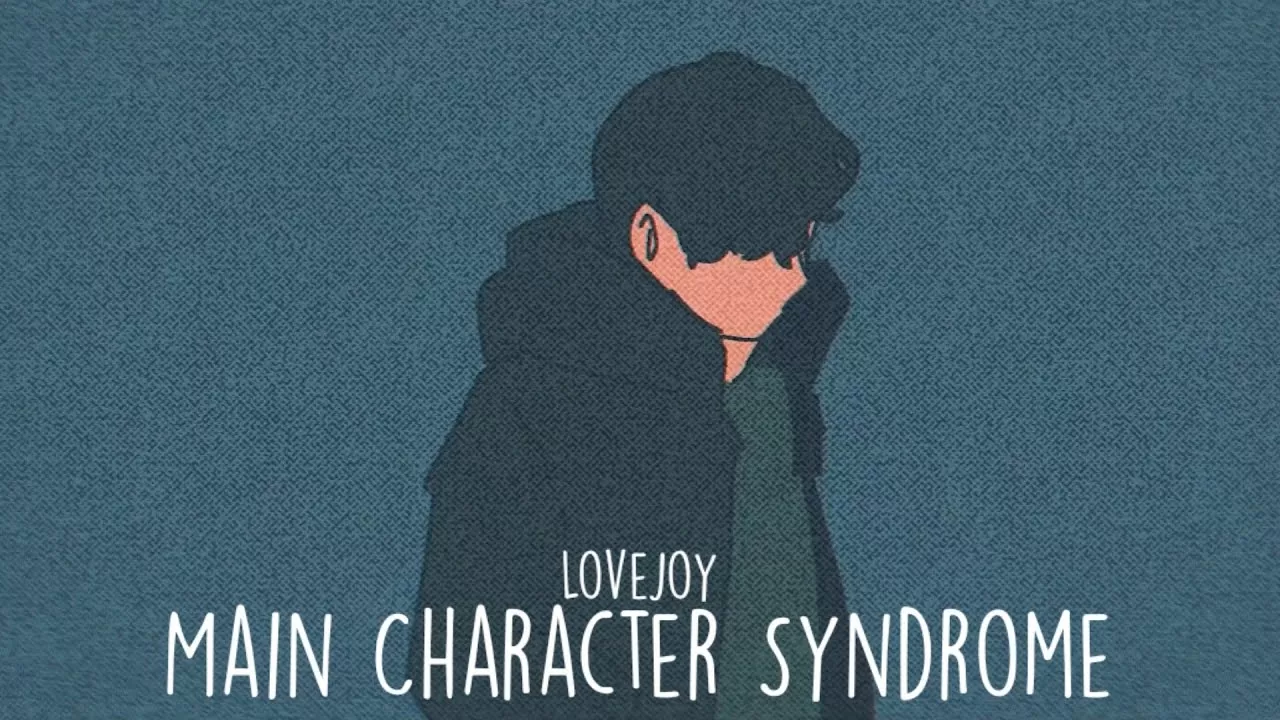Introduction
Exploring the intriguing phenomenon of Main Character Syndrome sheds light on the psyche of individuals who perceive themselves as the protagonists of their narratives. While not a clinical condition, it intertwines with concepts like narcissism, vanity, and neuroticism. The prevalence of articles discussing this phenomenon suggests its relevance in today’s society, often attributed to the influence of social media.
The Essence of Main Character Syndrome
Main Character Syndrome revolves around the belief that one is the focal point of the universe, with others playing supporting roles. Psychologists speculate a connection between this mindset and the pursuit of social media validation, sometimes leading to reckless behavior for the sake of online attention. However, the key indicators lie in how individuals with Main Character Syndrome treat both themselves and those around them.
7 Signs of Main Character Syndrome
While not a psychological diagnosis, some people think of themselves as the main character or the protagonist of their story.
Unfortunately, this often results in others finding them insufferable. Here are 7 signs of that.
1. Anger Over Minor Inconveniences
They get angry when things don’t go their way even for very minor inconveniences because they feel the world is against them
2. Constant Need for Validation:
They are constantly doing things for other’s validation and attention as if there are eyes on them every moment
3. Creation of Villains:
Inventing reasons to dislike or even hate others, always needing a perceived adversary.
4. Infallibility and Resistance to Critique:
They think of themselves as infallible and capable of doing no wrong, any attempt to hold them accountable or critique them is seen as a personal attack
5. Constant Need for Superiority:
Engaging in a perpetual quest to prove superiority, viewing every interaction as a competition.
6. Obsession with Appearance:
They are more concerned with their appearance and how they are perceived than how they feel, they flaunt everything on social media
7. Viewing Others as a Supporting Cast:
They see everyone else in their lives as a supporting cast instead of human beings. They also see people in black and white:
“Either you are with me. or against me.”
The Root Cause
Main Character Syndrome often emerges as a coping mechanism, born from mistreatment and a lack of validation. It serves as a shield against the harsh realities of life, allowing individuals to cast themselves as the lead in their narrative. While the behavior may seem insufferable, approaching it with compassion and empathy can be more effective than outright judgment.
Frequently Asked Questions About Main Character Syndrome
No, Main Character Syndrome is not officially recognized as a psychological disorder. It is a colloquial term used to describe a mindset where individuals perceive themselves as the main character in their own lives, often at the expense of healthy relationships with others.
Main Character Syndrome is believed to be influenced by factors such as narcissism, vanity, and neuroticism. Social media also plays a significant role, where attention is seen as a valuable currency, potentially leading individuals to prioritize self-perception over genuine connections.
Yes, psychologists hypothesize that Main Character Syndrome can be a coping mechanism developed in response to mistreatment or a lack of validation. The belief in being the main character serves as a protective shield against perceived slights and a means of asserting control.
Approaching someone with Main Character Syndrome requires empathy and understanding. Instead of judgment, expressing kindness and engaging in honest communication can be more effective in helping them see beyond their self-centric perspective.
Main Character Syndrome can manifest across various age groups, but its prevalence is often associated with the rise of social media. The constant exposure to curated lives on platforms may contribute to the reinforcement of a self-centric worldview. However, it’s not exclusive to any specific demographic.
Conclusion: Beyond Judgments
Understanding Main Character Syndrome requires a nuanced perspective that goes beyond immediate judgments. This self-centric worldview stems from a deeper yearning for validation and acceptance. Responding with kindness and genuine communication can be more transformative than condemnation.
Share Your Insights
The exploration of the Main Character Syndrome doesn’t end here. What additional signs or experiences can you contribute to this discussion? Feel free to share your thoughts in the comments, fostering a collective understanding of this intriguing psychological phenomenon.
Stay Connected for Mental Health Insights
If this exploration resonated with you, stay tuned to our site, Health Daily Advice, for more articles delving into the complexities of mental health. Your journey to understanding and empathizing with diverse perspectives continues with each insightful piece.














